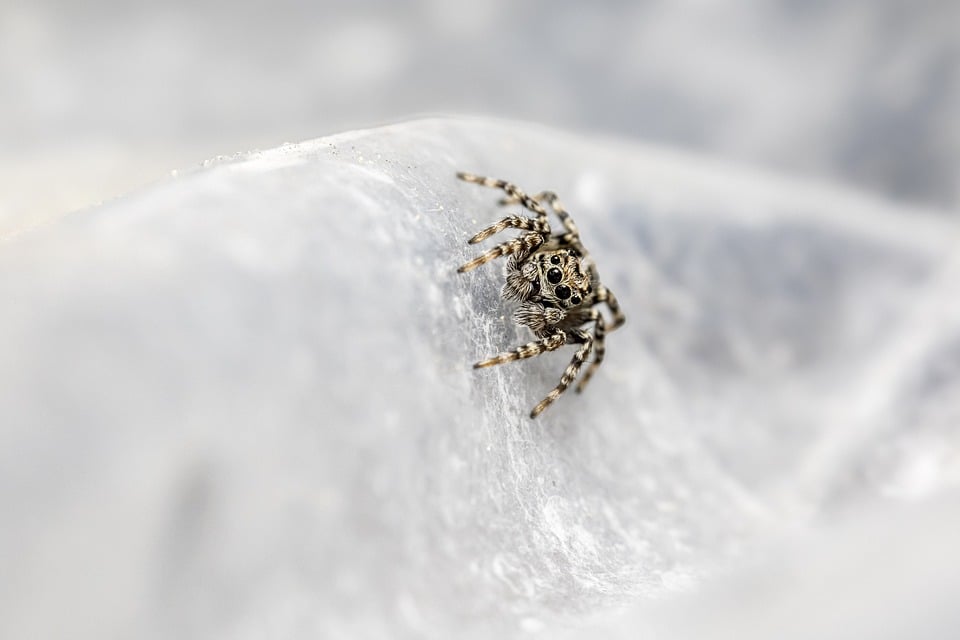As the warm months roll in, so do the insects. Whether it’s mosquitoes buzzing in your ear, ants marching through your kitchen, or flies darting around your home, pests can quickly become a problem. While commercial insect repellents are widely available, they often contain harsh chemicals that can be harmful to your health and the environment. Fortunately, there is a natural solution: creating your own DIY bug spray! In this article, we will explore effective recipes and tips for making your own bug repellent using natural ingredients.
Why Choose a DIY Bug Spray?
-
Healthier for You and Your Family: Many store-bought insect repellents contain synthetic chemicals like DEET and Picaridin, which can cause skin irritations or allergic reactions. DIY options utilize plant-based ingredients that are typically safer for both humans and pets.
-
Eco-Friendly: Conventional bug sprays can contribute to environmental pollution. Homemade versions allow you to control the ingredients and reduce your ecological footprint.
-
Cost-Effective: Making your own bug spray is often cheaper than purchasing commercial products, especially if you already have the necessary ingredients at home.
- Customizable: You can experiment with various scents and combinations that suit your preferences and needs.
Essential Ingredients for DIY Bug Spray
The key to effective natural bug sprays lies in the choice of essential oils and base ingredients. Here are some commonly used ingredients:
-
Essential Oils: Oils like citronella, lavender, eucalyptus, peppermint, tea tree, and rosemary are known for their bug-repelling properties. They not only deter pests but also leave a pleasant fragrance.
-
Witch Hazel or Vinegar: These act as a base for your spray, helping to mix the oils and enhance the spray’s effectiveness. Witch hazel has additional astringent properties, while vinegar can help with ants and other crawling insects.
-
Water: Distilled water is generally preferred for its purity. It helps to dilute essential oils and create a sprayable mixture.
- Glycerin or Coconut Oil (Optional): If you’d like your spray to have some moisturizing properties, adding vegetable glycerin or a small amount of coconut oil can help.
Simple DIY Bug Spray Recipes
Recipe 1: Essential Oil Bug Spray
Ingredients:
- 10-15 drops of essential oil(s) (see suggestions below)
- 1 cup of distilled water
- 1/2 cup of witch hazel or apple cider vinegar
Instructions:
- Combine all ingredients in a spray bottle.
- Shake well before each use, as the oils may separate.
- Spray on exposed skin and clothes, avoiding face and eyes. Reapply every few hours or after swimming or sweating.
Essential Oil Suggestions:
- Mosquitoes: Lemon eucalyptus, citronella, lavender
- Ants: Peppermint, tea tree oil
- Flies: Basil, clove, or mint oil
Recipe 2: Vinegar-Based Bug Spray
Ingredients:
- 1 cup of apple cider vinegar
- 1 cup of water
- 10-15 drops of essential oils (e.g., lavender, eucalyptus)
Instructions:
- Mix all ingredients in a spray bottle.
- Shake well before each use.
- Spray around your home, particularly in entryways, windowsills, and other places where you see pests.
Recipe 3: Herbal Bug Spray
Ingredients:
- 1 cup of dried herbs (e.g., mint, rosemary, or lavender)
- 2 cups of water
- 2 tablespoons of witch hazel or vinegar
Instructions:
- Boil the water and steep the herbs for about 30 minutes.
- Strain out the herbs and let the liquid cool.
- Add witch hazel or vinegar, pour into a spray bottle, and shake well.
- This spray can be used on skin, clothing, or as a home spray.
Tips for Use
-
Patch Test: Always do a patch test on a small area of skin before applying a new bug spray widely.
-
Storage: Store your DIY bug spray in a cool, dark place to prolong its effectiveness. Some recipes may last up to a few weeks; others can be refrigerated for a longer shelf life.
- Shake Before Use: Essential oils tend to separate from water and vinegar, so always shake your spray thoroughly before application.
Conclusion
Creating your own DIY bug spray is an effective, affordable, and eco-friendly alternative to commercial products. By harnessing the power of natural ingredients, you can safeguard your home and family from pesky insects while also caring for the planet. So gather your essential oils, mix up your spray, and enjoy a bug-free summer!
